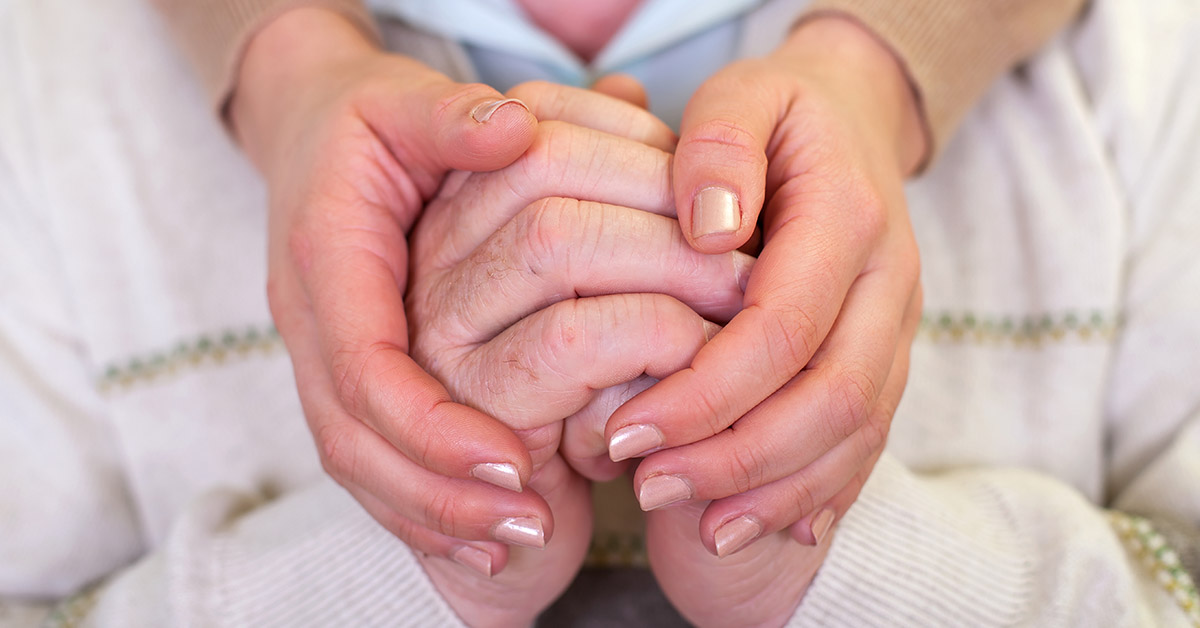Dementia is a degenerative brain disorder that affects millions of people worldwide, with Alzheimer’s disease being the most common form of dementia. While memory loss is often the most well-known symptom of dementia, there are other subtle signs that can manifest in the early stages of the disease. These signs may go unnoticed at first, but they are important to be aware of as the sooner you start treatment, the better off your loved one will be. These are those two symptoms, their implications, and what you can do if you notice them in a loved one.
Understanding Alzheimer’s and Dementia

Alzheimer’s disease is a progressive brain disorder that leads to a decline in memory, thinking, and reasoning skills. It is characterized by the formation of abnormal protein deposits in the brain, known as plaques and tangles, that interfere with normal brain function. As the disease progresses, individuals may experience changes in behavior, language difficulties, and a decline in cognitive abilities. (1)
Read More: 15 factors that may raise risk of getting early dementia, according to study
Restlessness and Wandering: Signs of Dementia

As mentioned already, there are two subtle early signs of Alzheimer’s that many of us don’t catch onto right away. These are restlessness and wandering. Being aware of these and how they manifest themselves can help you to seek treatment for yourself or a loved one earlier.
Restlessness

Restlessness is a common symptom of dementia that can be particularly challenging for both individuals with dementia and their caregivers. Restlessness can manifest as an inability to sit still, fidgeting, pacing, or constantly changing activities. This can be a result of cognitive decline, anxiety, or a response to internal discomfort. (2)
Wandering

Wandering is another subtle sign of dementia that can pose significant risks to the safety of individuals with the disease. Wandering behavior can occur due to confusion, disorientation, or a lack of awareness of one’s surroundings. They will wander not only during the daytime, but sometimes at night, too. Individuals with dementia may wander aimlessly, trying to find a familiar place or person, which can lead to them getting lost or being in dangerous situations. (3)
What to Do if You Observe These Symptoms in a Loved One

If you notice restlessness or wandering in a loved one, it is crucial to address these symptoms promptly. Schedule an appointment with a healthcare provider to discuss your observations and seek a proper diagnosis. Caregivers can implement safety measures at home to prevent wandering, such as installing locks on doors, utilizing GPS tracking devices, and setting up a safe living environment. To help with agitation and restlessness, do your best to provide a calm environment. Remove stressors and simplify tasks. Encourage exercise with your loved one. This can be gardening, going for walks, or even dancing to their favorite music.
Read More: There Are 8 Kinds of Dementia. Here’s How to Recognize Them, According to Experts
Talking to Your Loved One About Alzheimer’s Disease and Dementia

Of course, you can’t force your loved one to go see a doctor, they must go willingly. Discussing Alzheimer’s disease with a loved one can be challenging, but open communication is essential for providing support and understanding. Approach the conversation with empathy and patience, focusing on sharing information about the disease and available resources for assistance. Encourage your loved one to participate in their care decisions, empower them to engage in activities that promote cognitive function, and provide emotional support throughout their journey with dementia.
Alzheimer’s Treatment Updates: 2 Potential New Drugs in 12 Months

Recent advancements in Alzheimer’s research have shown promising developments in potential new treatment options for the disease. Two drugs, aducanumab and lecanemab, are currently in late-stage clinical trials and have demonstrated efficacy in targeting the underlying mechanisms of Alzheimer’s progression. These drugs aim to reduce amyloid plaques in the brain, potentially slowing down cognitive decline and improving overall brain function. (4) “After 20 years with no new Alzheimer’s disease drugs, we now have two potential new drugs in 12 months. This could be the beginning of the end for Alzheimer’s disease.” said Dr. Richard Oakley from the Alzheimer’s Society. (5)
The Bottom Line

Recognizing the subtle signs of dementia, such as restlessness and wandering, is crucial for early detection and intervention. By being vigilant and proactive in monitoring these symptoms in your loved ones, you can provide the necessary support and resources to improve their quality of life and well-being. Stay informed about advancements in Alzheimer’s research and treatment options to ensure the best possible care for those affected by the disease.
Read More: A Natural Approach To Early-Onset Dementia
Sources
- “What is Alzheimer’s Disease?” ALZ
- “Anxiety and Agitation.” ALZ
- “Wandering and getting lost: Who’s at risk and how to be prepared.” ALZ
- “Clinical trials of new drugs for Alzheimer disease: a 2020–2023 update.” NCBI. Li-Kai Huang, Yi-Chun Kuan, Ho-Wei Lin and Chaur-Jong Hu. October 2,2023.
- “Two subtle symptoms of dementia to look out for in loved ones at home.” The Mirror. Daniel Smith and Charlotte Smith. December 22,2023.

